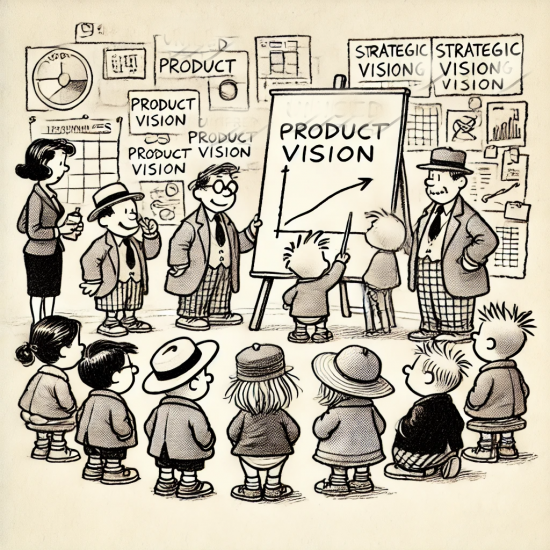Motivating a team is a journey that evolves through different stages. Understanding and implementing effective motivation strategies can significantly enhance team performance and satisfaction. Here’s a simple guide to maturing your motivation approach.
Understanding Motivation
The first step in motivating your team is recognizing the importance of motivation itself. Motivation is the driving force that encourages individuals to achieve their goals and perform at their best. Without it, even the most skilled team can fall short of their potential. Leaders who understand the value of motivation are already on the path to creating a more dynamic and engaged workforce.
Strategies for Team Motivation
Team motivation is a multifaceted concept that involves creating an environment where team members feel valued, engaged, and driven to perform. While there are countless strategies to achieve this, the core idea is to foster a positive and supportive atmosphere. This can be done through various means such as recognizing achievements, providing opportunities for growth, and ensuring that team members feel their contributions are meaningful.
One effective strategy is to provide positive feedback, especially when it is unexpected. Positive feedback reinforces good behavior and performance, making team members feel valued and appreciated, which in turn encourages them to continue their efforts. Additionally, addressing basic needs is crucial. Ensure that the fundamental needs of your team members are met, such as fair compensation, a safe working environment, and clear company policies. When these needs are satisfied, team members can focus on higher-level goals and contributions, knowing they are supported by a solid foundation.
Individualized Motivation
As you progress in your motivation journey, it becomes essential to focus on individual team members. Each person has unique needs and motivations, and understanding these can help you tailor your approach. Personalized support is key here. Recognize that each team member is at a different stage in their personal and professional journey. Some may prioritize job security and income stability, while others may seek opportunities for growth and development.
Supporting continuous growth is another critical aspect of individualized motivation. Provide opportunities for learning, skill development, and career advancement. This not only helps team members achieve their personal goals but also enhances their contributions to the team and the organization.
Practical Steps to Motivate Your Team
To truly motivate your team, you need to look at each member individually, understand their needs, and continually strive to improve your approach. Fostering autonomy is a practical step in this direction. Give team members a sense of agency and control over their work by allowing them to make decisions and take ownership of their tasks. This empowerment leads to higher motivation and engagement.
Encouraging skill development is another practical step. Support team members in developing their skills and knowledge by providing opportunities for learning and specialization. This not only benefits the individual but also strengthens the overall capabilities of the team.
Providing purpose is also vital. Ensure that team members understand the purpose behind their work. When people see the bigger picture and understand how their contributions matter, they are more likely to be motivated and committed to their roles.
Building strong relationships within the team is equally important. For example, sales teams often rely on understanding and working with other teams such as marketing, product development, and customer support. Developing these inter-team relationships can foster a collaborative environment where everyone works towards common goals.
Motivating a team is not a one-size-fits-all approach. It requires a deep understanding of individual needs and a commitment to continuous improvement. By focusing on both team-wide and individual strategies, you can create a high-performing, motivated team capable of achieving great success. The effort you put into understanding and addressing your team’s motivational needs will pay off in enhanced performance and job satisfaction. As you mature your motivation strategies, you’ll see the transformative impact it can have on your team and the broader organization.


